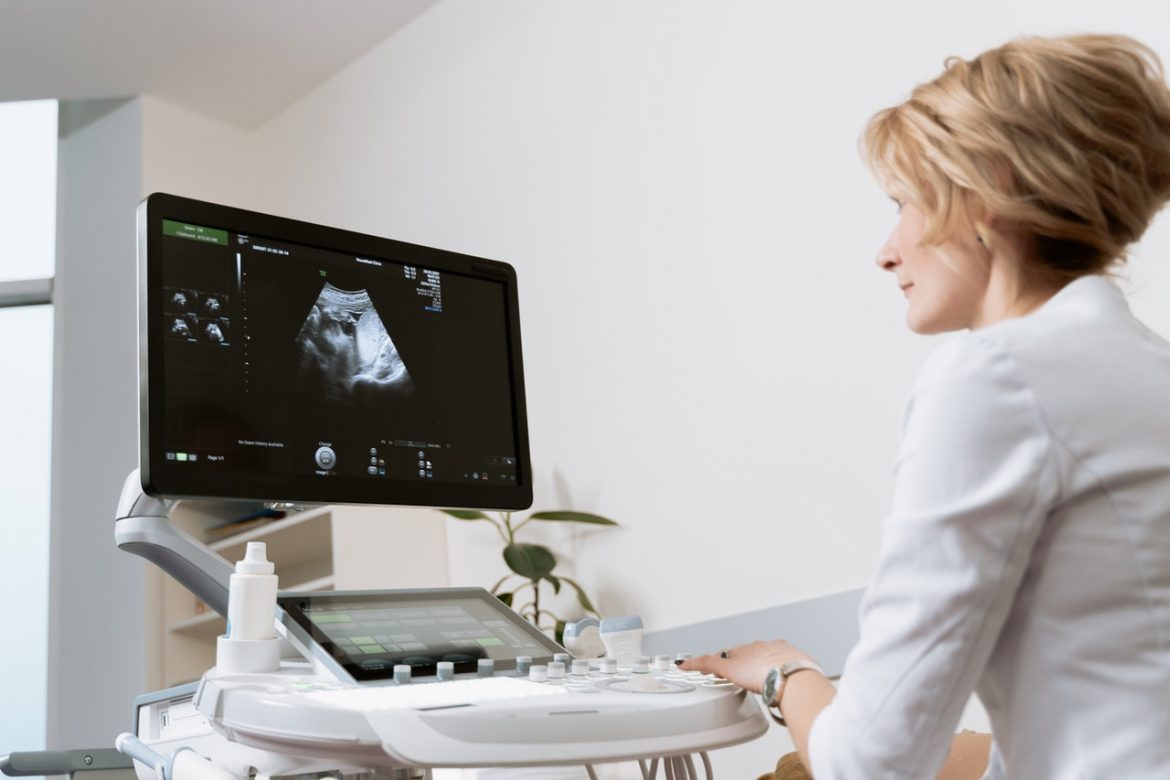Medical computers handle patients’ data and permit functions such as monitoring & writing prescriptions, handling patient financial costs and monitoring all aspects of a patient’s health care. Medical technology is advancing the lives of a wide range of people, and in this guide it will be discussed in depth how computers and technology are revolutionising the healthcare market.
Savings All Round
Prior to technology, all patient information and history was kept in paper form. This old method of storing data caused disorganisation in addition to duplication of efforts among doctors and even issues with blending medications. Together with medical computers, medical employees in management departments can easily and quickly get information for several different tasks. So much info and use is simplified via this technology, eliminating the need for extra support and by enabling more work to be performed by fewer people.
Medical technology allows for an easier time within financial and administrative settings. Administration can keep tabs on the patient billing, payment of employee’s and any other expenses such as; medication, equipment maintenance or network marketing.
Computers possess a massive capability of memory. Not only do physicians and workers need information regarding patients but also information necessary to treat individuals. Computers maintain records of this important info.
The amount of extra storage computers create for medical professionals is enormous. With all these patients and their details, files and records would occupy too much space. Computers make it possible for people in the health care field to store data without having a great deal of physical area to work with.
Patients’ prescribed drugs may also be saved in a computer system at a hospital. This makes it significantly simpler to move any prescriptions and information that a patient wants to allow local pharmacies or hospitals to have. Past hospital visits and billing information could be saved and retained for additional use or for prospective hospital appointments. As an instance, physicians track the drugs they prescribe. Doctors may also check which drugs interfere with the other. Significant info is all at a streamlined form and quickly obtained.
A Good Experience
Computers link people in the health care area and allow them to discuss findings which could be helpful. Extensive research was done and it’s essential that caregivers have easy access to the information in order that they are up-to-date on the most up-to-date and best maintenance. Medical computers enable connection to all data and research available as well as communication between professionals all around. For example, a cosmetic surgeon may read up on advancements in breast surgery to bring to their own clinic, maybe a new material used to create breast implants or another way to complete reduction.
A health computer offers easy ordering of medications, laboratory tests, and processes. In addition, it can serve a number of different functions, like getting electronic health records. It’s essential for health care providers to gain access to individual records and previous remedies so one can make accurate diagnoses. Physicians can quickly send out prescriptions and other essential documents. The individual can arrive at wherever their local prescriptions are picked up the and everything will be all set.
A health clinic computer may also give diagnostic picture archiving and laboratory results. A physician can easily access pictures from x-rays to earn a swift and precise identification. A health computer is also quite helpful in regards to prescription medication satisfaction, transcriptions, and alarms that assist in error avoidance. Providing prompt care in crucial moments may really make a difference between death and life.
There are currently medical computers which have medical grade antimicrobial coating to lessen the spread of germs. Medical computers may be licensed for near-patient usage to guarantee security. Businesses have created special tablets and computers which could resist using cleaning products, hence providing equipment that will not fail and a much healthier environment which abides by all health regulations and guidelines.
Overview
Medical computers will help you save a great deal of room, time and cash in the long run. The capacity to get drug-related info and patients’ allergy advice in real life response-time helps physicians and pharmacists to prevent prescribing and issuing medication to patients that can cause them injury, thus saving expensive health care expenses in treating undesirable drug interactions. Immediate accessibility on drug and patient, disease and treatment advice contributes to fewer instances of misdiagnosis, faster and safer medication prescriptions and a decrease in medical malpractice suits.
Medical computers assist all health care professionals in displaying better care towards their patients, allowing them to share information and streamline procedures. Computers, along with the internet, allow for any medical clinic to create a brand for themselves and help gain profit through these endeavours. An example of this may be a laser skin clinic learning to market through the use of their computers by aiming to post social media ad’s through the months following summer, offering discounts on laser treatment amongst other services. Computers have taught professionals on making tech a priority and using tech to teach themselves.
Digital graphs are exhibited with up-to-date individual info in real time, full with decision-support tools. Doctors can quickly research patients’ medical background and get the most up-to-date study, which makes the most accurate diagnosis possible. The invaluable resources of a medical computer make these procedures a lot more successful and is yet more proof on how computers have revolutionised the medical industry and the professionals that inhabit it.







